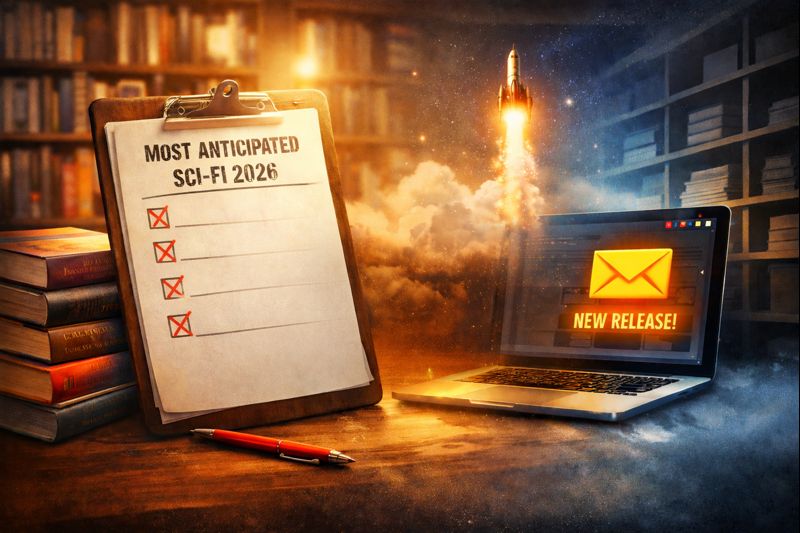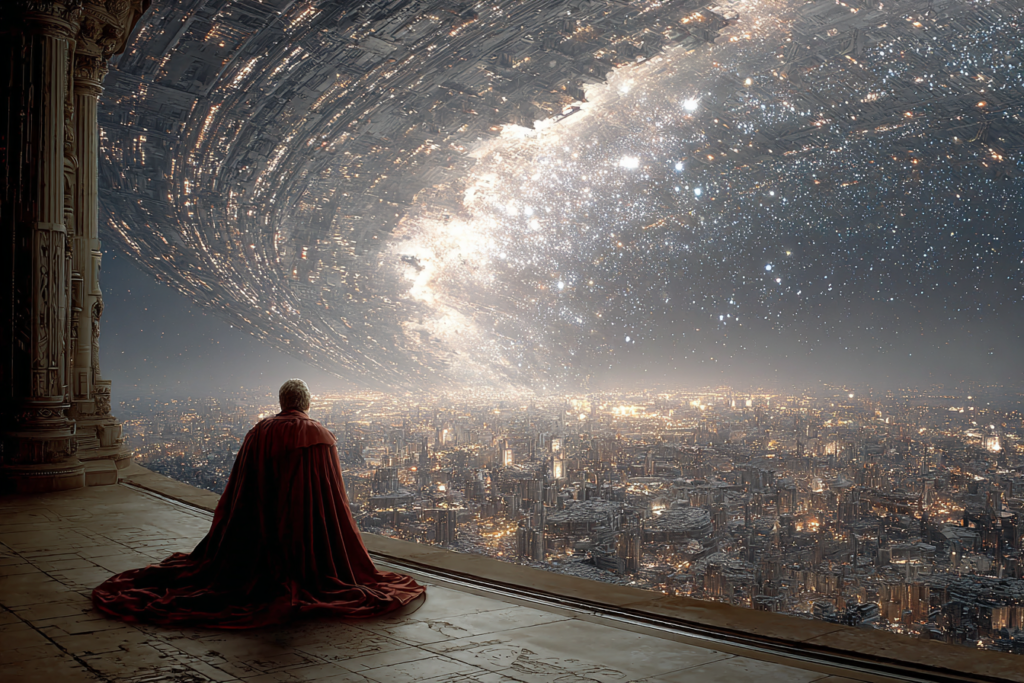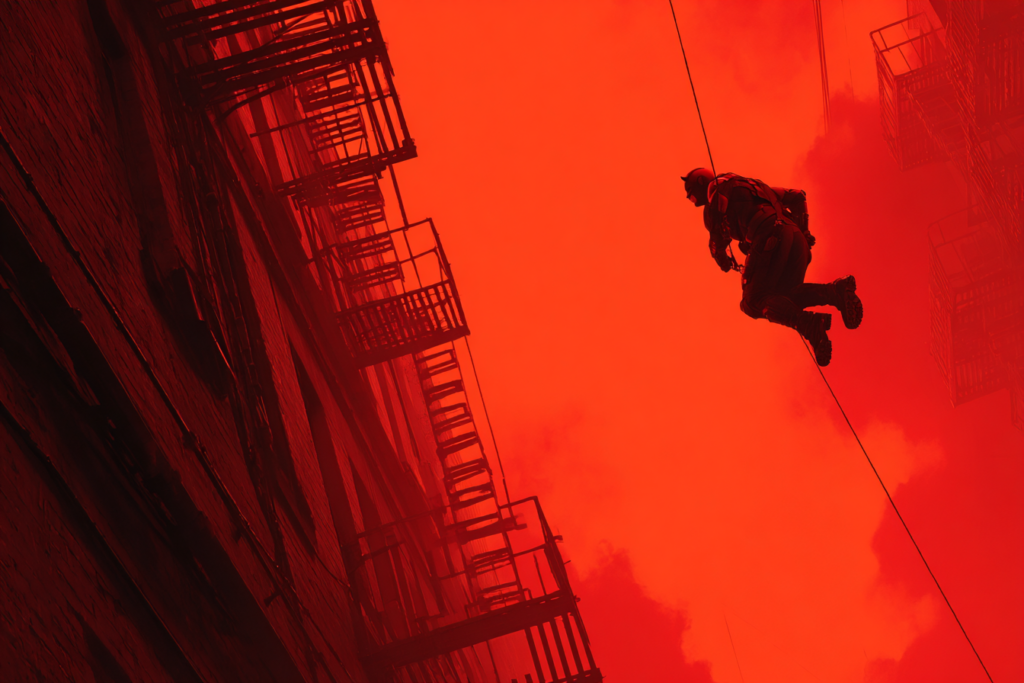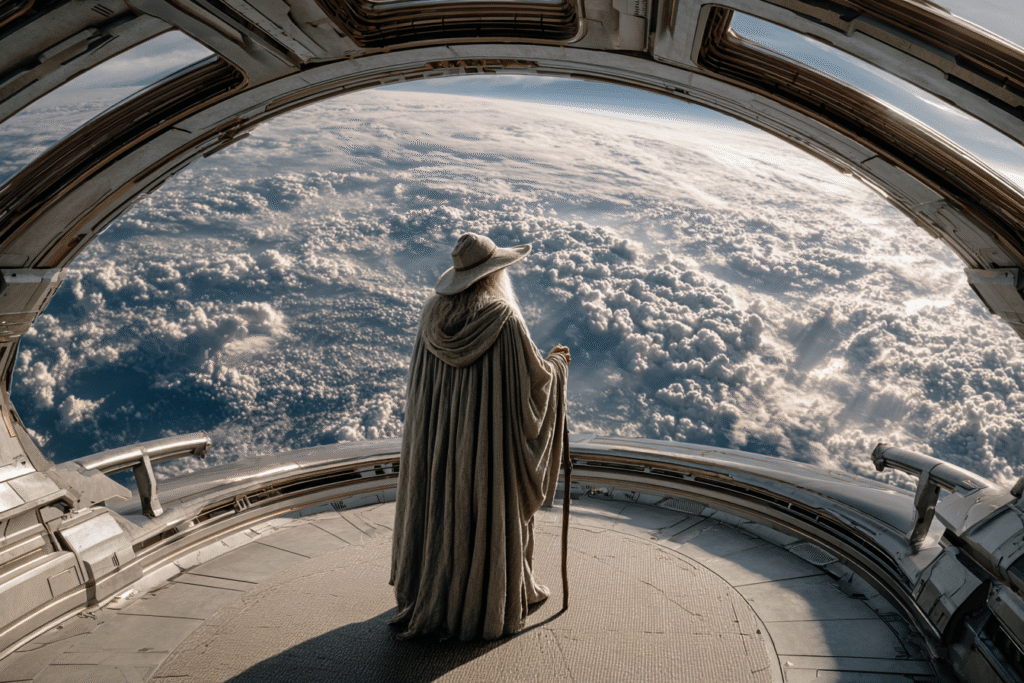Why Indie Authors Don’t Appear on “Most Anticipated” Lists — And Why That’s a Good Thing
Why do indie author books never show up on “Most Anticipated” lists? It’s not about quality—it’s about how the indie world works. From short release timelines to direct-to-reader communication, indie publishing plays a different game entirely. Here’s why that’s actually a very good thing for readers who love immersive series, creative freedom, and stories that don’t wait for marketing schedules.











